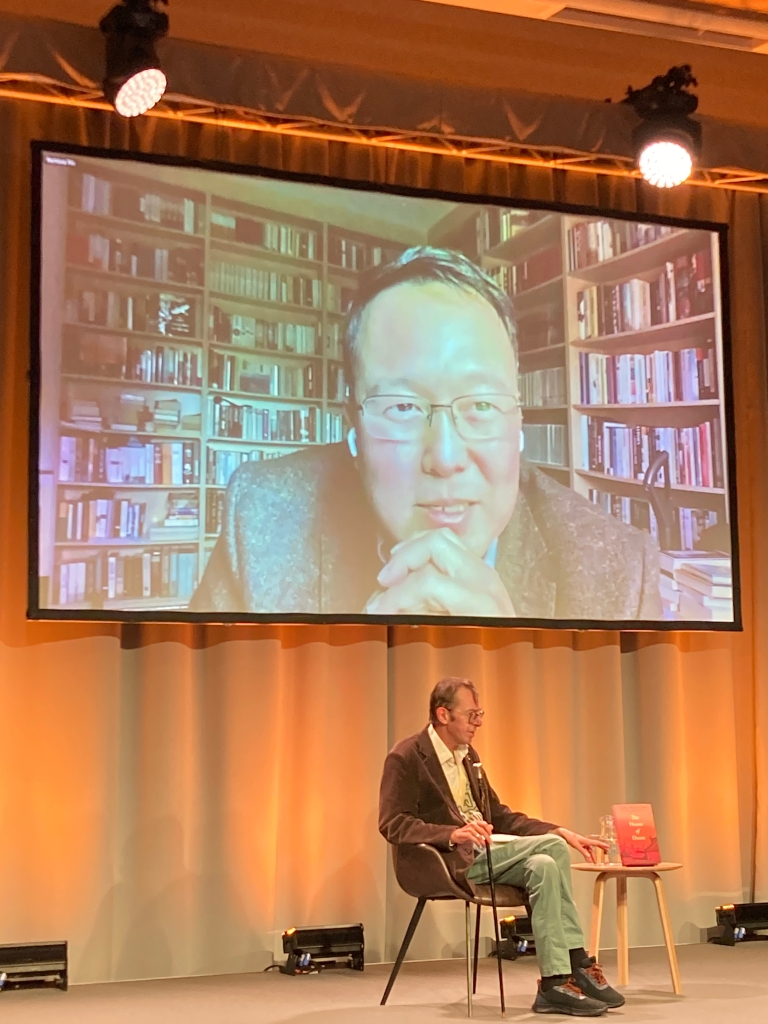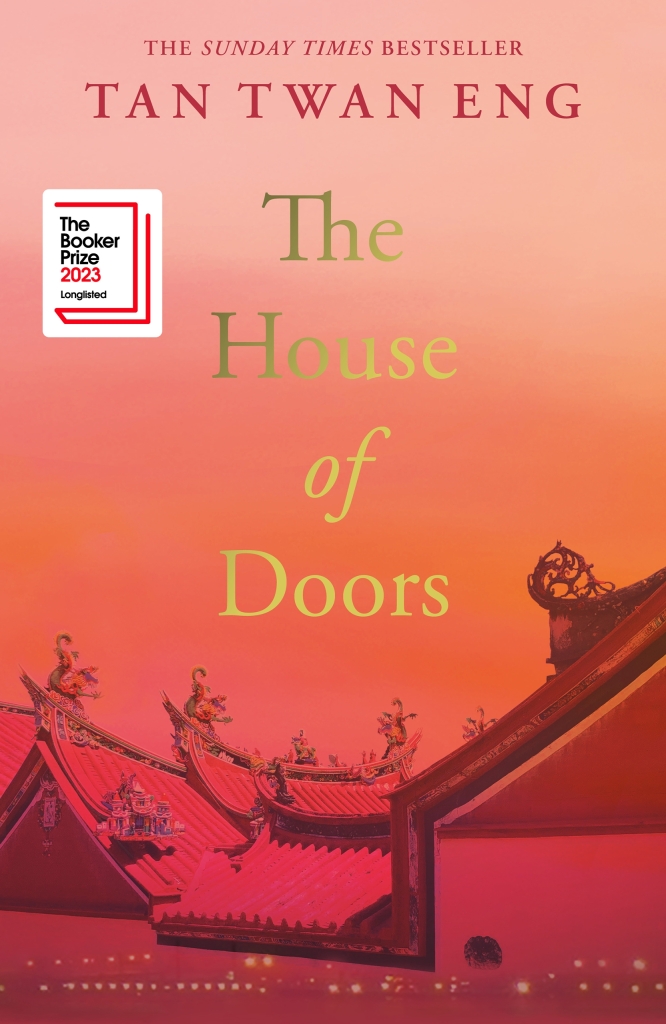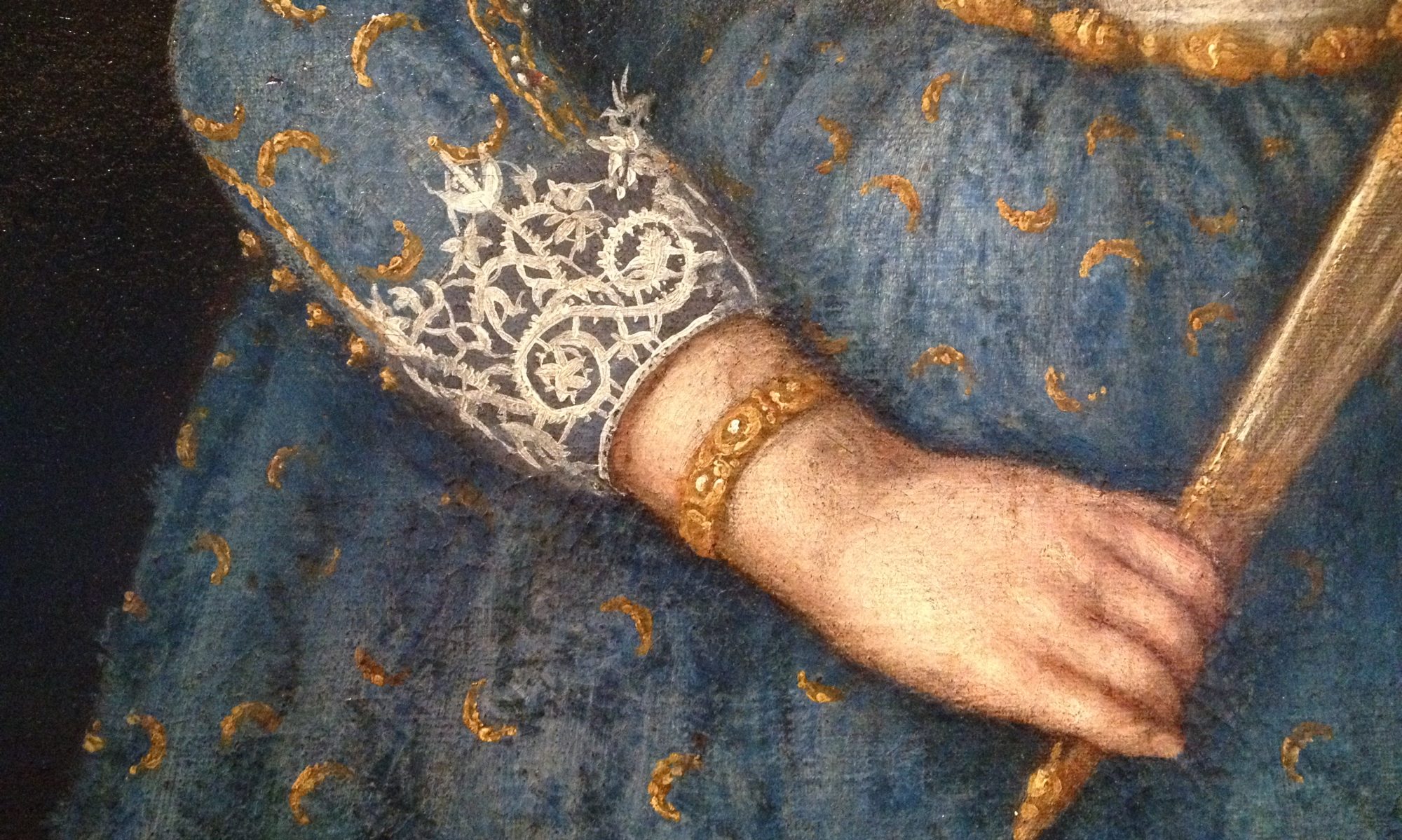
This morning it was a privilege to hear Tan Twan Eng in conversation with Stuart Kelly at the Edinburgh International Book Festival. Stuart was talking to Twan about Twan’s latest book, The House of Doors (Canongate, 2023), now longlisted for the Booker Prize.

My review of the book was published in Historical Novels Review in May 2023 and I’m certainly rooting for this to get on the Booker shortlist which will be out on 21 September, and perhaps go even further… not jinxing!
Their conversation, which I hope may be online in due course, ranged over a number of topics. Twan has braided together a number of genres in this extraordinary novel, making it not only a love story but also a literary analysis of the author Somerset Maugham and a record of a true crime – the trial of Ethel Proudlock – that shook colonial society and gave him the premise for one of his most successful short stories, The Letter.
Among the real-life people in the novel, the key one is clearly Somerset Maugham who appears as Willie in the novel. As Stuart Kelly pointed out, Maugham’s works haven’t dated well, to which Twan responded that he might be out of fashion, but his works have never been out of print! In the novel, the tension between the two protagonists, Lesley Hamlyn and Maugham, is heightened by the author’s choice to use different narrative viewpoints: first person for Lesley, and third person for Maugham. As Twan said, Lesley distrusts Maugham, and is always looking at him “out of the corner of her eye”, suspecting (or perhaps hoping) that he will write about her.
Another protagonist is certainly the city of Penang itself. Cultural loss and the rapid changes of the city are evoked in Twan’s memories of Armenian Street where he grew up as a child. The beautifully painted, carved doors rescued from shophouses, among whose revolving shapes Lesley wanders, evoke this cultural heritage.
The revolutionary Sun Yat-sen is another real-life figure in the novel, and personally significant because Twan’s father used to mention that he once lived in the same street. Twan weaves this fact into the novel, creating an imaginery overlap between Maugham and the Chinese revolutionary: a mysterious figure – charming but complex – whose fund-raising activities eventually led to the downfall of the Qing dynasty during the 1911 Revolution.
In all, a fascinating conversation. Thank you Stuart and Twan!
